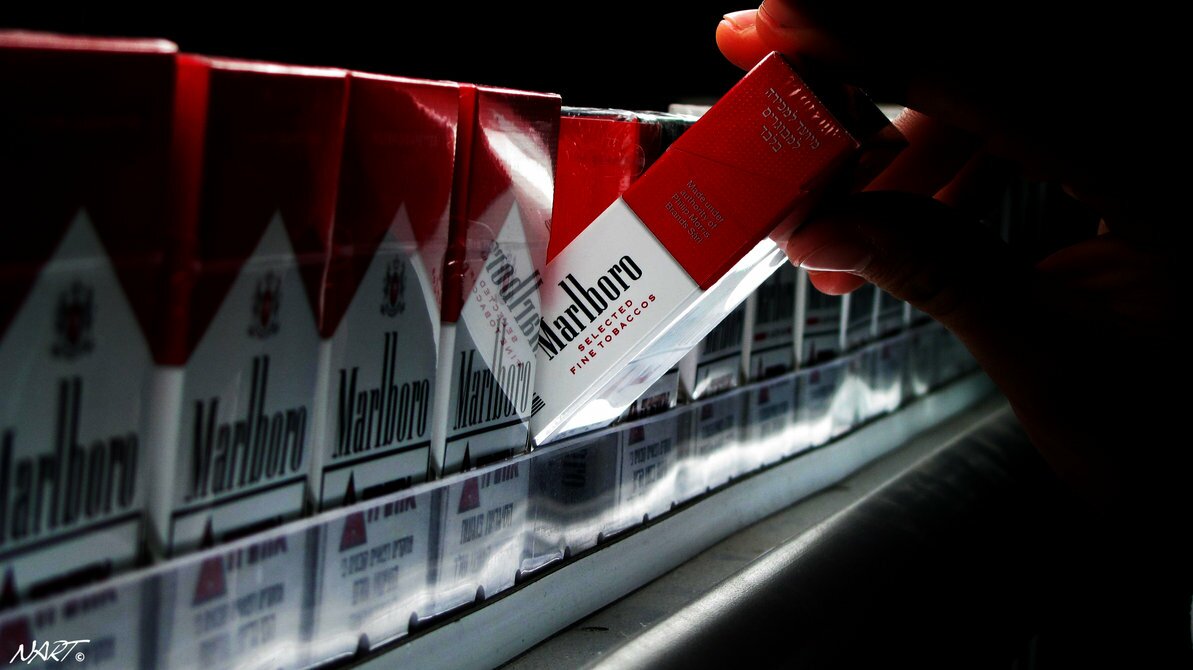 Marketers spend a lot of time defending their smoking brands against imitators, but it is not often that a tobacco product copycats itself. That is what happened in Canada for one famous brand: Marlboro cigarettes. For more than 80 years, a different tobacco company, Imperial Tobacco, has owned the trade name for the Marlboro name in Canada. Approximately everywhere else in the world, it is sold under Philip Morris’s model. These being cigarette makers, few will like with the headaches this trademark dispute has generated over the decades.
Marketers spend a lot of time defending their smoking brands against imitators, but it is not often that a tobacco product copycats itself. That is what happened in Canada for one famous brand: Marlboro cigarettes. For more than 80 years, a different tobacco company, Imperial Tobacco, has owned the trade name for the Marlboro name in Canada. Approximately everywhere else in the world, it is sold under Philip Morris’s model. These being cigarette makers, few will like with the headaches this trademark dispute has generated over the decades.
But the most recent legal fight could have important involvement for brand-name marketers across the whole country. And it may not be over yet.
Since Philip Morris cannot use the Marlboro trade name in Canada, its cigarette packs look nearly like Marlboro knockoffs. They use the same white background with the “rooftop” design (most famously in red, but also in gold, silver and even in green), the “come to where the flavor is” slogan, and even the same font on the name – all package design elements that it does have the right to use in Canada. But it has to use other brand names like “Matador” or “Maverick.” This problem began starting with 2006, when the tobacco company put out a new pack: court documents call it the world’s first no-name brand of cigarette. It used the same design, but with no brand name, only a descriptor, “world famous imported blend,” on the side of the pack.
Imperial Tobacco, Canada’s Marlboro manufacturer, cried foul. Imperial’s packages use the trade brand name, but the design differ from the other Marlboro cigs, and includes a maple leaf and the word “Canadian.” The problem is the global brand’s move into this country: Canadians are familiar with the other Marlboro through travels in strange countries and through exposure to U.S. promotion.